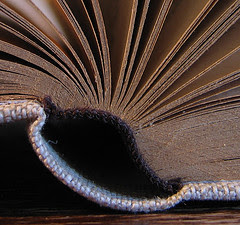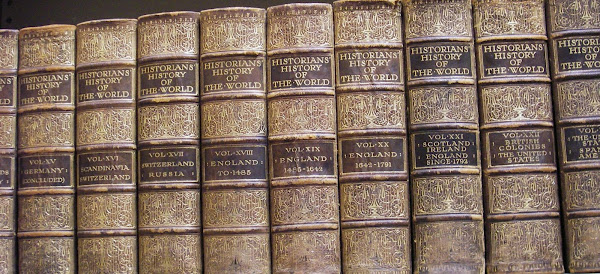I don’t
often say the movie was better than the book, but this time I believe that
“Hugo” is heaps better than Brian Selznick’s “The invention of Hugo Cabret”.
In 1931,
Hugo Cabret, a 12-year-old boy, lives with his widowed father, a master
clockmaker in Paris. Hugo's father takes him to see films and loves the films
of Georges Méliès best of all. After Hugo's father dies Hugo is taken in by his
uncle, an alcoholic watchmaker who is responsible for maintaining the Gare du
Nord railway station clocks.
 |
| The library |
Hugo meets Georges's
goddaughter – Isabelle who promises to help. Méliès agrees that Hugo may earn
the notebook back by working to pay for the things he stole from the shop. Hugo
introduces Isabelle to the movies, while she introduces Hugo to books. Activating
the automaton produces a drawing of a film scene – the first film his father
ever saw (Trip to the Moon), the drawing is signed with Isabelle's godfather’s
name.
 |
| Isabelle and Hugo |
A book on the history of film by Rene Tabard, refers to Georges Méliès as having died in the Great War. Hugo, Isabelle and Tabard go to Georges's home to show "Trip to the Moon", Georges appears while they are watching the film, and explains how he came to make movies, invented the special effects, and how he lost faith in films when the World War I began and also believes the automaton he created was lost in the museum fire, and that there is nothing left of his life's work.
Hugo goes
back to the station to get the automaton, is almost run over by a train, when
the station inspector (Sacha Baron Cohen’s best performance) saves him and the
automaton and proceeds to detain him. Hugo pleads with the officer when Georges
arrives and claims that Hugo is in his care.
 |
| Absolutely amazing CGI |
Finally Georges gets a tribute ceremony for his movies, Tabard announces 80 of his films have been recovered and restored. Georges thanks Hugo for his actions, and then invites the audience to "follow his dreams". Hugo becomes an apprentice of Georges and Isabelle decides to be a writer.
 |
| Paris from the station clock tower |
“Hugo” won 5 Academy Awards – best cinematography, Art direction, Sound mixing, Sound editing, and Visual effects, it is the CGI that creates the wonderfully atmospheric railway station. "The invention of Hugo Cabret" also won the Caldecott Medal, and is on the Premier's Reading Challenge list too.
Brian Selznick has written both “The invention of Hugo Cabret”, and the “Hugo movie companion”.





No comments:
Post a Comment